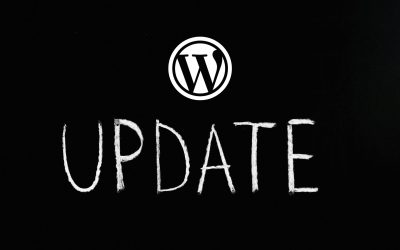In today’s digital landscape, the security of a website is paramount. With cyber threats evolving constantly, web hosting providers must prioritize security features to safeguard their clients’ data and ensure uninterrupted service. Whether you’re running a personal blog or managing a large e-commerce platform, choosing a web hosting provider equipped with robust security measures is essential. Here are some top security features every web hosting provider should offer:
- SSL/TLS Encryption: Secure Sockets Layer (SSL) or Transport Layer Security (TLS) encryption is fundamental for protecting data transmitted between the user’s browser and your website’s server. A reputable web hosting provider should offer free or affordable SSL/TLS certificates to encrypt sensitive information such as login credentials, payment details, and personal information.
- DDoS Protection: Distributed Denial of Service (DDoS) attacks can cripple a website by overwhelming it with a flood of fake traffic. Effective DDoS protection mechanisms implemented by the hosting provider can mitigate such attacks, ensuring your website remains accessible to legitimate users even during periods of high traffic or attack.
- Web Application Firewall (WAF): A Web Application Firewall (WAF) acts as a barrier between your website and malicious traffic, filtering out potentially harmful requests and preventing attacks such as SQL injection, cross-site scripting (XSS), and other common vulnerabilities. A hosting provider offering a robust WAF can significantly enhance the security posture of your website.
- Regular Backups and Restore Options: Data loss can occur due to various reasons, including cyber attacks, hardware failures, or accidental deletions. A reliable web hosting provider should offer automated and regular backups of your website data. Additionally, easy-to-use restore options empower website owners to quickly recover their data in the event of an incident.
- Malware Detection and Removal: Malware infections can compromise the security and integrity of your website, leading to data breaches and reputational damage. A web hosting provider should employ malware detection tools to scan for malicious code and promptly remove any threats detected. Regular malware scans help prevent infections and ensure a clean online environment for your visitors.
- Secure File Transfer Protocols: Secure file transfer protocols such as SFTP (SSH File Transfer Protocol) and FTPS (FTP over SSL/TLS) provide encrypted channels for uploading and managing files on your web server. Hosting providers should support these protocols to facilitate secure file transfers, reducing the risk of unauthorized access to sensitive data.
- Server Hardening and Patch Management: Servers hosting websites should undergo regular hardening measures to minimize potential vulnerabilities. This includes applying security patches promptly, disabling unnecessary services, implementing access controls, and enforcing strong password policies. A proactive approach to server management helps prevent security incidents and ensures a stable hosting environment.
- Two-Factor Authentication (2FA): Two-Factor Authentication adds an extra layer of security to your website by requiring users to verify their identity using a second factor, such as a mobile device or authenticator app, in addition to their password. Hosting providers offering 2FA support empower website owners to better protect their accounts from unauthorized access.
In conclusion, the security of your website is a critical aspect that should not be overlooked when selecting a web hosting provider. By prioritizing security features such as SSL/TLS encryption, DDoS protection, WAF, regular backups, malware detection, secure file transfer protocols, server hardening, patch management, and Two-Factor Authentication, hosting providers can offer a robust defense against cyber threats and ensure the safety and integrity of your online presence. When evaluating hosting options, it’s essential to inquire about these security features to make an informed decision that aligns with your website’s security requirements. Remember, investing in a secure web hosting provider is an investment in the protection of your website and its visitors’ data.






